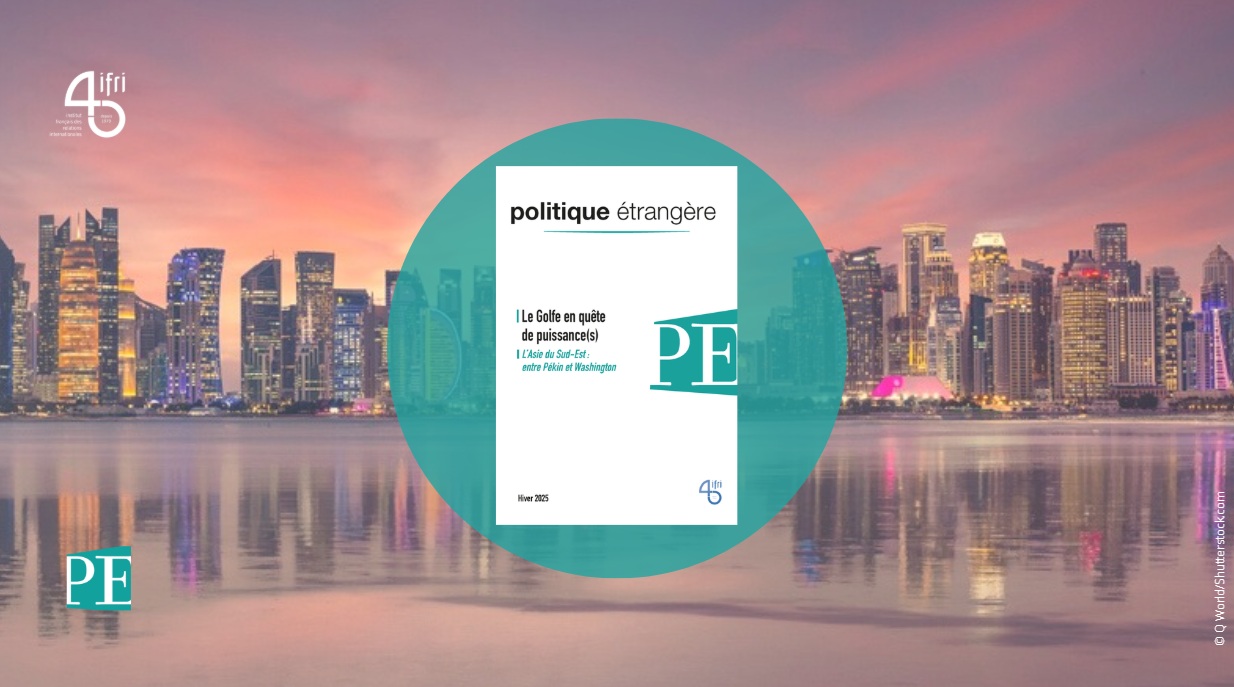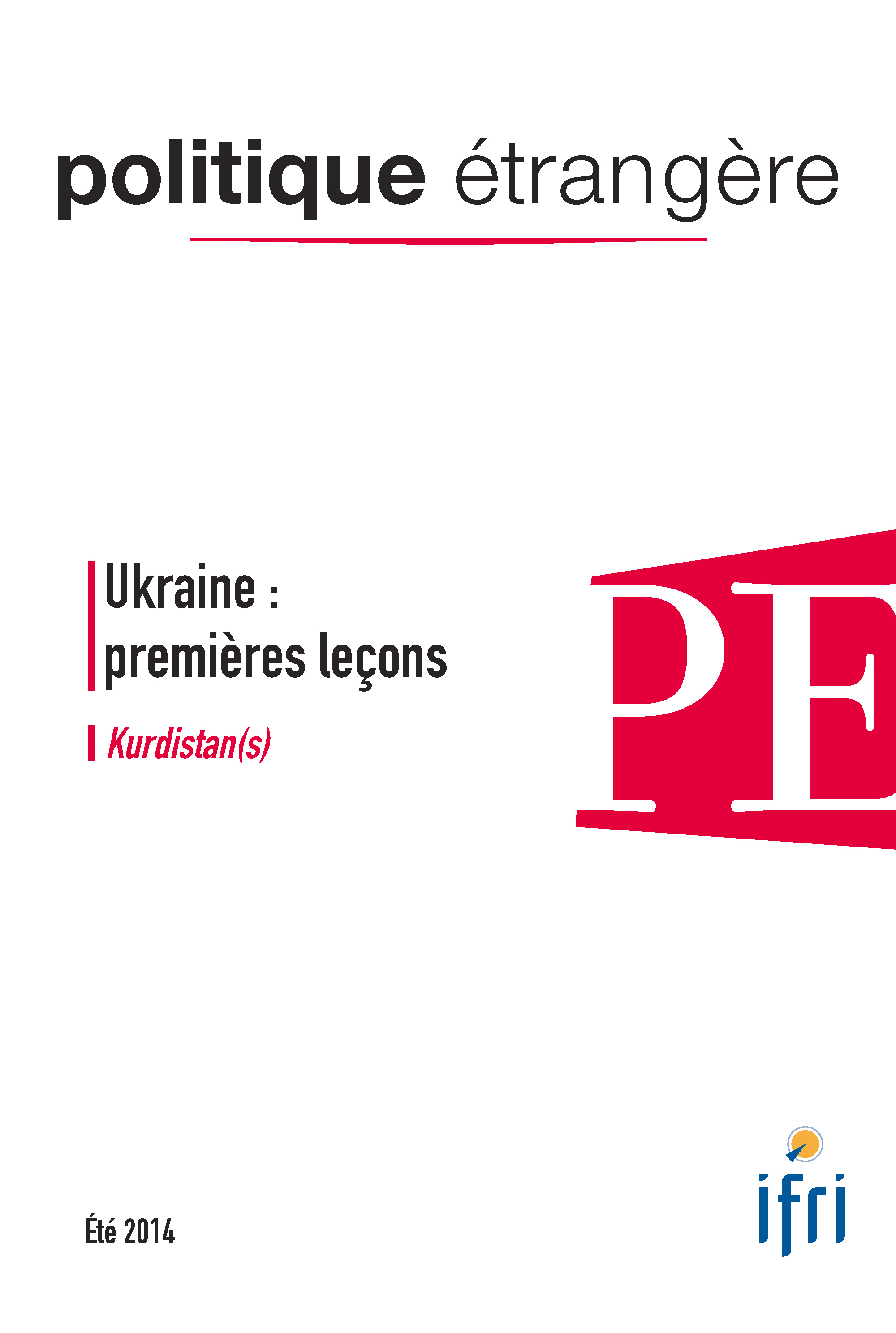North Africa and Middle East
Analysis of changing dynamics in the North Africa/Middle East region, against a backdrop of increasing security crises and their political, economic and energy consequences.
Related Subjects

The New Diplomatic Weight of Gulf Countries

The political and economic weight of the Gulf monarchies has increased considerably. These countries have diversified their economies and become logistic hubs, attracting large numbers of investors. They have also managed to extend their power beyond their borders. However, the wider regional fallout of the war begun by Hamas on October 7, 2023 has cast doubt on the Gulf’s stability, especially as it seems that the American security umbrella can no longer be taken for granted

The Two-State Solution is Still Possible
Many Israelis and Palestinians contest the ‘two-state solution’.
The Left in Turkey: A Fragmented History
The Gezi protest movement gripped Turkey throughout the summer of 2013 and reignited observers’ interest in Turkey’s left-wing activist groups, which participated in the protests.



Turkey: The Kurdish Movement in the “Peace Process”
While the peace process between the PKK (Kurdistan Workers’ Party) and the Turkish government is at a standstill, the latter is attempting to circumvent Turkey’s Kurdish actors by aligning itself with the KDP (Kurdistan Democratic Party), which dominates the Kurdish regional government in Iraq.

Iraqi Kurdistan’s Unclear Borders
Since 1991, Kurdish parties have dominated and administered “Iraqi Kurdistan”.

The Paradoxes of the Kurdish Spring in Syria
Although the Kurdish population in Syria forms a very small and highly divided minority, the Kurds nevertheless have managed, thanks to the civil war, to gain relative autonomy in Northern Syria.

What Kurdish Policy Will the JDP Adopt?
The emergence of an autonomous Iraqi Kurdistan, the civil war in Syria, and the electoral ambitions of the JDP (Justice and Development Party) have led to new policy being formed by the Turkish government regarding the Kurdish issue.

The First World War and the Balkanization of the Middle-East
The First World War had tragic consequences for the Middle-East. It led to the partitioning of the Ottoman Empire and the balkanization of the region.
Arab Atatürk: The Weight of History
Recent discussion surrounding a 'Turkish model' for the Arab world has centered mainly on the achievements of the AKP in Turkey and its supposed ideological proximity to the political parties that have arisen from the Muslim Brotherhood movement.
Support independent French research
Ifri, a foundation recognized as being of public utility, relies largely on private donors – companies and individuals – to guarantee its sustainability and intellectual independence. Through their funding, donors help maintain the Institute's position among the world's leading think tanks. By benefiting from an internationally recognized network and expertise, donors refine their understanding of geopolitical risk and its consequences on global politics and the economy. In 2025, Ifri supports more than 80 French and foreign companies and organizations.








